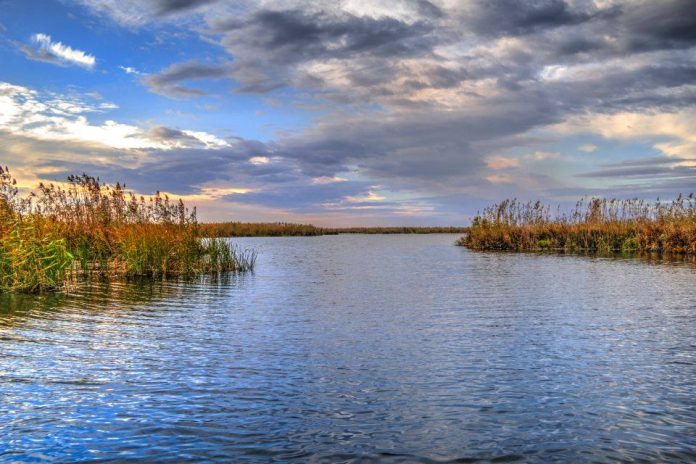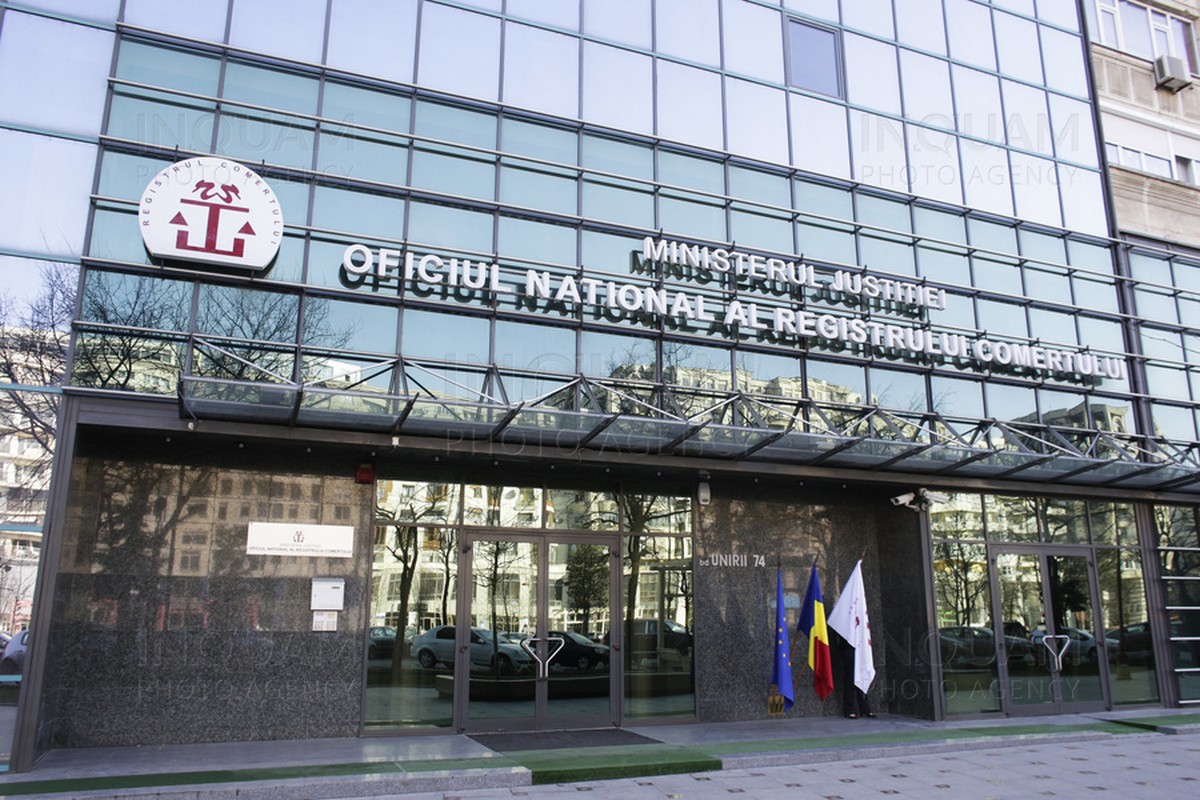There are signals that at the moment Ukraine is doing dredging works on the Bystroe Canal, this being able to have an impact on the environment and the Danube Delta, and the Ministry of Foreign Affairs and the Ministry of Environment must come up with a position and inform, Transport and Infrastructure (MTI) minister Sorin Grindeanu said in a press conference, according to Agerpres.
„There are some international treaties that we must respect. We provoked this meeting at the Ministry of Transport, although it is not necessarily the business of MTI. It is more a matter that belongs to the Ministry of Foreign Affairs and the Environment, because we are talking about international treaties on which everyone must respect and because we are talking about a possible impact that such dredging works on Bystroe can have on the environment and on the Danube Delta. These are matters that (…) at this moment we considered it necessary to be proactive, and we are finally waiting for points of view from the two ministries. Fact is that Romania agreed to the transit of Chilia and Bystroe at shallower depths for barges and ships that, at shallower depths, can do this. Moreover, I think that the Ministry of Foreign Affairs will manage it and this was the point of this meeting, because there are signals that at this moment there are dredging works on Bastroe, and the Ministry of Foreign Affairs, the Ministry of the Environment – that was the point of this meeting – they must come up with a position and inform with data,” Grindeanu argued.
He said the information on the matter came to him early last week from the territorial structures of the Ministry of Transport.
„Ukraine is in a difficult situation, we are all trying to help, we are all trying to find solutions to help Ukraine – and here there are counties that are on the border either with the Republic of Moldova or with Ukraine – where solutions are being sought to help and that’s what we have to do. At the same time, we also need to respect international treaties, that’s why I would wait, I would have a little patience to see what the Ministry of Foreign Affairs and the Ministry of the Environment tell us about these things,” emphasized the Transport minister.
According to MAE data, on May 11, 2004, the Ukrainian authorities initiated several hydrotechnical works with a view to the construction, on the Chilia and Bystroe arms of the Danube, of a channel that would offer maritime vessels an alternative way of access to the ports of the Lower Danube. The Ukrainian project involved the carrying out of considerable dredging works on the Bystroe arm (located entirely on the territory of Ukraine), the creation of a dam to protect the mouth of the Bystroe arm and dredging works at several critical points on the Chilia arm, which forms the border between Romania and Ukraine. Although, according to the initial planning, the Ukrainian project was to be carried out in a single stage, later it was decided that it should be divided into two phases, the second consisting in the increase of the navigation depths obtained as a result of the dredging in the first phase and the extension of the protection dike from the mouth of the Bystroe arm into the Black Sea.
Notified by Romania, several international bodies in the field of environmental protection established that the Ukrainian project violates the provisions of numerous international conventions in the field of environmental protection and asked the Ukrainian authorities to stop the works it had started. Thus, the International Commission for the Protection of the Danube found that the Ukrainian project violates the international provisions related to the protection of the waters of the Danube, the Conference of the Parties to the Ramsar Convention on wetlands of international importance, especially as a habitat for waterfowl, decided that the provisions of the international agreements regarding the protection of wetlands were violated, the Standing Committee of the Bern Convention on the Conservation of Wildlife and Natural Habitats in Europe established that the provisions of this international instrument were also violated, and the Conference of the Parties to the Aarhus Convention found that in carrying out the project, the Ukrainian authorities violated the public’s right to access environmental information.
Most of the substantial issues related to the Ukrainian project were addressed within the Espoo Convention on environmental impact assessment in a cross-border context. As a result of these international efforts, the Ukrainian authorities announced, on the occasion of the eighth meeting of the Conference of the Parties to the Espoo Convention, which took place in December 2020, that they would abandon the initial project and that they would strictly comply with the requirements assessment of the impact on the environment at the time of the initiation of a new project to ensure navigational depths. Considering, however, that the initial project was partially completed, the Ukrainian authorities were asked to evaluate the impact of the works carried out so far.
At mid-July 2022, the minister of Foreign Affairs, Bogdan Aurescu, declared that the Romanian side gave its consent for the transit of grain ships from Ukraine on the Chilia arm and through the Bystroe Canal. The construction of this canal by the Ukrainian side is a reason for dispute between Romania and Ukraine.
„It’s an exceptional situation that we treated as such,” said the minister in the Digi24.ro Interviews.
Agerpres


